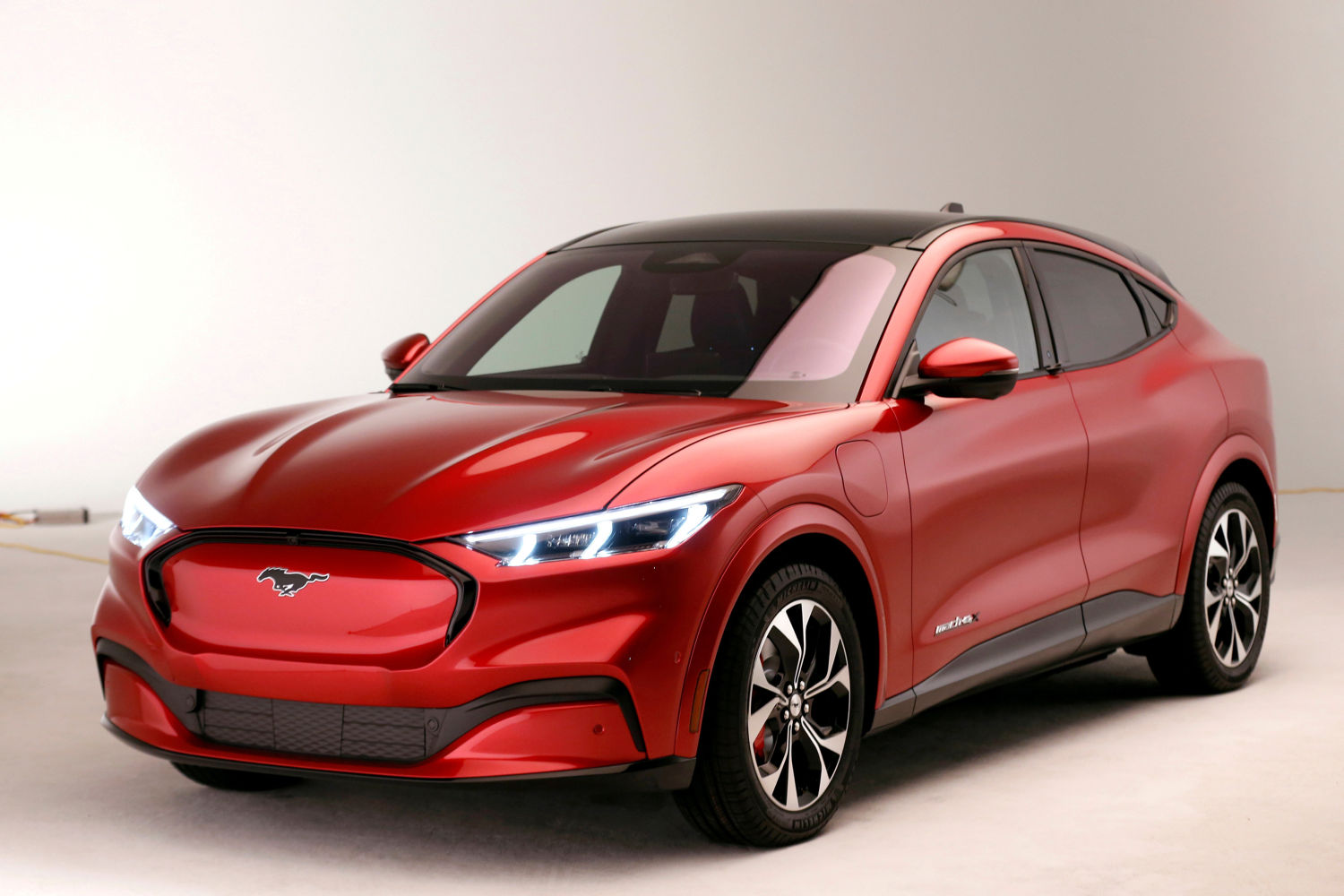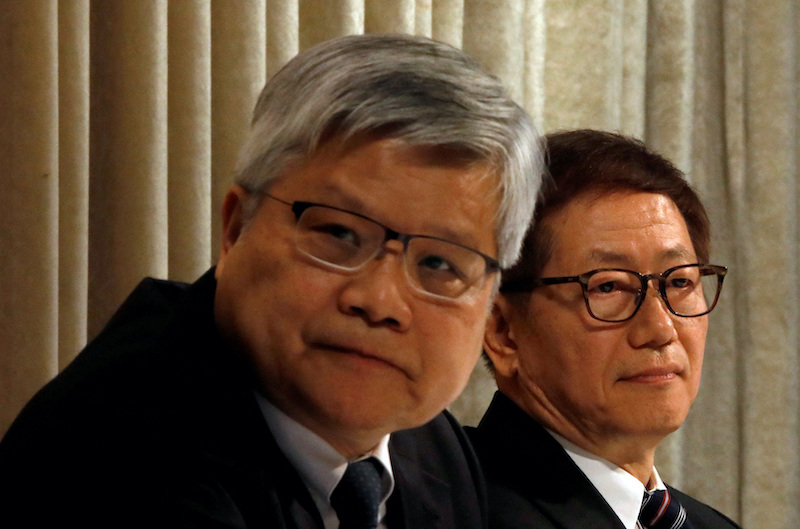(ATF) US automotive giant Ford on Thursday February 4 signalled a dramatic acceleration into making electric vehicles (EVs) and pledged deepening collaborations with technology giants to digitally transform driving.
As it released fourth-quarter and full-year results, Ford said it planned to spend $22 billion on EVs from 2021-2025, nearly twice as much as announced earlier.
The announcement underscores the impact of Elon Musk’s upstart Tesla on traditional carmakers, and might anticipate the new US administration’s initiatives to encourage emission-free vehicles.
“It’s stunning how fast the industry is changing,” chief executive Jim Farley said. Last week, rival General Motors set a target of having most of its fleet emissions-free by 2035.
Farley reported strong early interest in Ford’s Mustang Mach-E, its electric sport utility vehicle which hit showrooms in December. The company plans a range of all-electric vehicles, including for its best-selling F-150 pickup truck.
“The costs are coming down quickly, but for me and the team, the move to electric is not about batteries and motors,” Farley said on a conference call with analysts. “It’s about a digital vehicle and a new customer experience.”
The revamped plan came as Ford reported a fourth-quarter loss of $2.8 billion, compared with a loss of $1.7 billion in the year-ago period. Revenues fell 9.3% to $36 billion.
On February 1, Ford’s China joint venture with ChangAn Automobile posted upbeat results. ChangAn total sales rose 14% year-on-year to 2 million units, but the Ford-badged cars did even better.
“Besides self-owned brands, ChangAn Ford also recorded impressive volume growth of 37.75% to 253,300 units, driven by the localisation of Lincoln,” said Jefferies equities analyst Alexious Lee in Hong Kong.
CHIP SHORTAGE
The car giant on February 1 unveiled an alliance with Google to employ its cloud computing platform. Farley said the Google venture is not “exclusive” and that Ford’s vehicles would also employ Amazon’s voice program and other programs by Apple and Microsoft.
“The technology partners are becoming more important for us to deliver the digital experience,” he said.
The digitisation of driving is being hampered by a shortage of semiconductors following a surging demand for chips over the last year from customer electronics. “Ford has had a few production slowdowns and temporary shutdowns as a result of the microchip issue,” noted Roman Schorr of Fitch Ratings in Tokyo.
Ford said annual operating profits could be dented by up to $2.5 billion due to lost sales connected to the semiconductor shortage. On February 4 Ford said it was trimming output of its F-150 because of the supply issue.
On Wednesday, Volkswagen’s board member in charge of research and development and head of luxury unit Audi said Europe needs to stump up cash to boost its chip industry and avoid shortages.
“We won’t produce chips ourselves,” Markus Duesmann said. “But of course we would like to have strong chipmakers that are at least on par with Asia and the US.”
Last week, Taiwan said it would try to ramp up production of the vital chips. “Our government and chip manufacturers are mulling how to assist them,” Economic Affairs Minister Wang Mei-hua said.
With reporting by Agence France-Presse and Reuters
























